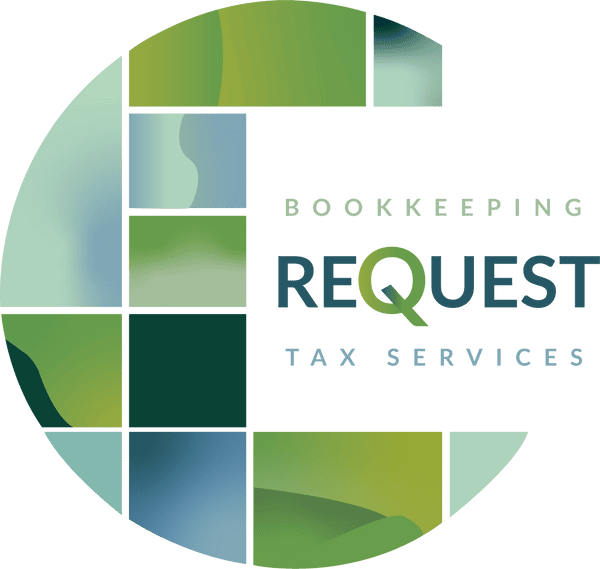Tax season can feel overwhelming, but a little planning goes a long way in keeping more of your hard-earned money. By understanding available deductions, credits, and strategies, you can lower your tax bill while staying compliant with IRS rules. Let’s explore some straightforward ways to optimize your tax return.
Common Tax Deductions and Credits
Knowing the deductions and credits you qualify for is a game-changer when it comes to saving money. Common options include the Child Tax Credit, the Earned Income Tax Credit, and deductions for student loan interest. These can add up to substantial savings if you’re eligible. Tax preparation tips like maintaining proper documentation can make claiming these benefits stress-free.
Deductions for Homeowners
Owning a home comes with tax perks beyond building equity. Mortgage interest, property taxes, and even energy-efficient home improvements can qualify as deductions. These tax deductions for homeowners not only reduce your taxable income but also encourage investments in your property’s sustainability.
Tax Benefits of Retirement Contributions
Contributing to a retirement account like an IRA or 401(k) not only prepares you for the future but also lowers your taxable income now. Depending on your plan, these contributions may even be tax-deferred, giving you immediate tax savings. This is one of the most effective tax planning strategies to consider.
Using Business Expenses to Lower Your Tax Bill
If you’re self-employed or run a small business, expenses such as office supplies, mileage, and software subscriptions can be deducted. Even home office space, if used exclusively for work, can reduce your tax liability. Keep receipts and records to make claiming these deductions seamless.
Tax Advantages of Charitable Donations
Generosity can pay off—literally. Donations to qualifying charities are often deductible, whether you contribute cash or non-cash items like clothing or furniture. Make sure to get a receipt for your donation to substantiate your claim. Incorporating charitable giving into your tax planning strategy is a win-win for you and the community.
Capital Gains and Investment Tax Strategies
When selling investments, understanding capital gains taxes can help you keep more profits. Long-term investments held for over a year are usually taxed at a lower rate than short-term ones. Strategic moves, such as offsetting gains with losses, can minimize tax liabilities. If you’re unsure, consulting a financial advisor is a smart move.
Conclusion
Tax preparation doesn’t have to be daunting. By staying informed and proactive, you can maximize tax deductions and minimize tax liabilities. If you’re looking for expert assistance with tax planning strategies, ReQuest Services is here to help.





